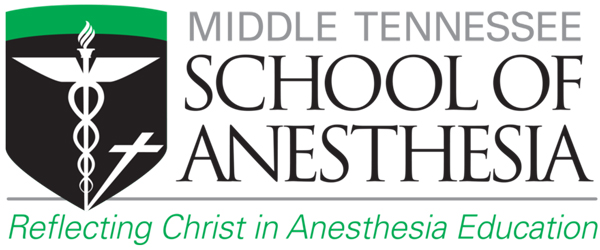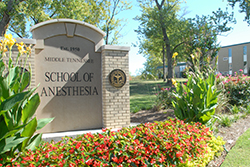Types of Financial Assistance
Federal Direct Unsubsidized Loans
Loans are guaranteed by the federal government and are provided through the U.S. Department of Education. All first time borrowers must complete Loan Entrance Counseling and complete a Master Promissory Note for Graduate/Professional Students.
- Students enrolled at least half-time (4 credits or more per semester) may borrow up to $20,500 per loan period.
- Loans are “variable fixed,” meaning borrowers could receive a new rate with each new loan, but then that rate would be fixed for the life of the loan.
- Interest rate is fixed at 7.05% (for loans borrowed between July 1, 2023 – June 30, 2024) with 10 years to repay.
Origination fee on loans made between October 1, 2023, and September 30, 2024, is 1.057%. - Interest begins to accrue on loans from the date of disbursement and continues throughout the life of the loan.
- Loans have a six-month grace period, when the student ceases to be enrolled at least half-time, before repayment begins.
- Interest is capitalized, added to the principal, at the time the loan goes into repayment.
Federal Graduate PLUS Loans
Federal Direct Graduate PLUS loans are made to credit-worthy eligible borrowers. All borrowers must complete a Master Promissory Note and Apply for a PLUS loan every loan period Graduate PLUS funds are borrowed.
- Students enrolled at least half-time are eligible to borrow up to the Cost of Attendance minus any other financial assistance received.
- Loans are “variable fixed.” The fixed interest rate for loans disbursed between July 1, 2023, and June 30, 2024, is 8.05%.
Origination fee on loans made between October 1, 2023, and September 30, 2024, is 4.228%. - Borrowers are responsible for the interest that begins accruing on the date of disbursement.
- If you have an adverse credit history, you may still obtain a Graduate PLUS loan by 1) obtaining an endorser who does not have an adverse credit history or 2) documenting to the satisfaction of the U.S. Department of Education that there are extenuating circumstances relating to your adverse credit history. (With either option, PLUS credit counseling must be completed by the Graduate PLUS loan borrower).
- Interest is capitalized, added to the principal, at the time the loan goes into repayment.
Student Loan Information and Loan Repayment Chart»
Private Loans
Private education loans are privately loaned from lenders outside of federal loan borrowing. Private or Alternative Loans require completing a separate application, a credit check, disclosures and a Self-Certification Form. This will be performed each time you borrow for each a new loan period. MTSA encourages serious and deliberate consideration be given to making any borrowing decision. Examine all options. Terms and conditions for a Federal Direct Loan may be more favorable than the provisions of private education loans. The Financial Aid Office will not certify any amount that exceeds the cost of attendance per academic year.
MTSA has no preferred lender list or arrangement and does not endorse any loan product or service. You may apply directly with any lender that you choose. Click here (to learn more about the private lenders and the private/alternative loans offered for education).
Consider visiting www.elmselect.com to review private lenders’ products. In the “School Search” tab, type in Middle Tennessee School of Anesthesia, click next and view loans, to view the lenders most frequently chosen by MTSA students. Contact the lender of your choice.
The Higher Education Opportunity Act (HEOA) added a section to the Truth in Lending Act to require that before a private educational lender may consummate a private education loan for a student in attendance at an institution of higher education, the private education lender must obtain the completed and signed Self-Certification Form from the applicant. The school is required to provide the form upon request for students enrolled/admitted to MTSA – Private Loan Self-Certification Form».
Information required by The Code of Federal Regulations regarding Truth In Lending can be obtained here: 15 U.S.C. 1638(e)(3)
Private Loan Ombudsman
The Consumer Financial Protection Bureau’s private student loan ombudsman may be able to assist you if you have concerns about your private student loan.
Outside Assistance
Scholarships are another method of paying for your degree through funds that usually do not need to be repaid. Sponsorships or tuition assistance can come from a variety of places, including hospitals, corporations, and community organizations. Any sponsorship, scholarship, or tuition assistance received by the student must be disclosed to the Financial Aid Office and will be considered as a resource amount against the cost of attendance.








